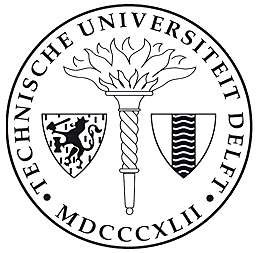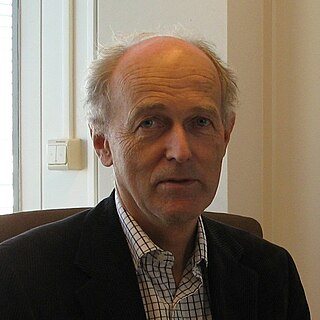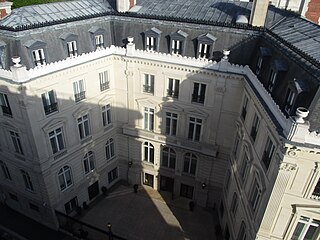Biography
Op 't Land received his Propedeuse in Chemistry in 1979 at the Leiden University, and also his MSc in Mathematics in 1984. Later in 2008 he received his PhD from the Delft University of Technology with a thesis titled "Applying architecture and ontology to the splitting and allying of enterprises" under supervision of Jan Dietz.

Leiden University, founded in the city of Leiden, is the oldest university in the Netherlands. The university was founded in 1575 by William, Prince of Orange, leader of the Dutch Revolt in the Eighty Years' War. The Dutch Royal Family and Leiden University have a close association: Queen Juliana, Queen Beatrix and King Willem-Alexander are former students. The university came into particular prominence during the Dutch Golden Age, when scholars from around Europe were attracted to the Dutch Republic due to its climate of intellectual tolerance and Leiden's international reputation. During this time Leiden was home to such figures as René Descartes, Rembrandt, Christiaan Huygens, Hugo Grotius, Baruch Spinoza and Baron d'Holbach.

Delft University of Technology also known as TU Delft, is the largest and oldest Dutch public technological university, located in Delft, Netherlands. It counts as one of the best universities for engineering and technology worldwide, typically seen within the top 20. It is repeatedly considered the best university of technology in the Netherlands.

Jean Leonardus Gerardus (Jan) Dietz is a Dutch Information systems researcher, Emeritus Professor of Information Systems Design, and part-time Professor of Enterprise Engineering at the Delft University of Technology, known for the development of the Design & Engineering Methodology for Organizations. and his work on enterprise ontology.
Op 't Land started his career as consultant in 1985 at Volmac (acquired by Capgemini in 1992), where he became Principal Consultant and Certified Global Architect. Over the years he consulted organization in the field of architecture such as Rijkswaterstaat, NATO Consultation, Command and Control Agency, Radboud University Nijmegen, Air France KLM, HU University of Applied Sciences Utrecht, ICTU (Dutch E-government), and the European Patent Office. In 2011 he is appointed Professor Enterprise Engineering at the Antwerp Management School. [3]

Capgemini SE is a French multinational corporation that provides consulting, technology, professional, and outsourcing services. It is headquartered in Paris, France. Capgemini has over 200,000 employees in over 40 countries, of whom nearly 100,000 are in India..
The NATO Consultation, Command and Control Agency (NC3A) was formed in 1996 by merging the SHAPE Technical Centre (STC) in The Hague, Netherlands; and the NATO Communications and Information Systems Agency (NACISA) in Brussels, Belgium. NC3A was part of the NATO Consultation, Command and Control Organization (NC3O) and reported to the NATO Consultation, Command and Control Board (NC3B). In July 2012, NC3A was merged into the NATO Communications and Information Agency (NCIA).
His research interest is in the field of "coherently (re)shaping organisation and information of extended enterprises in splits, mergers and alliances". [3]

